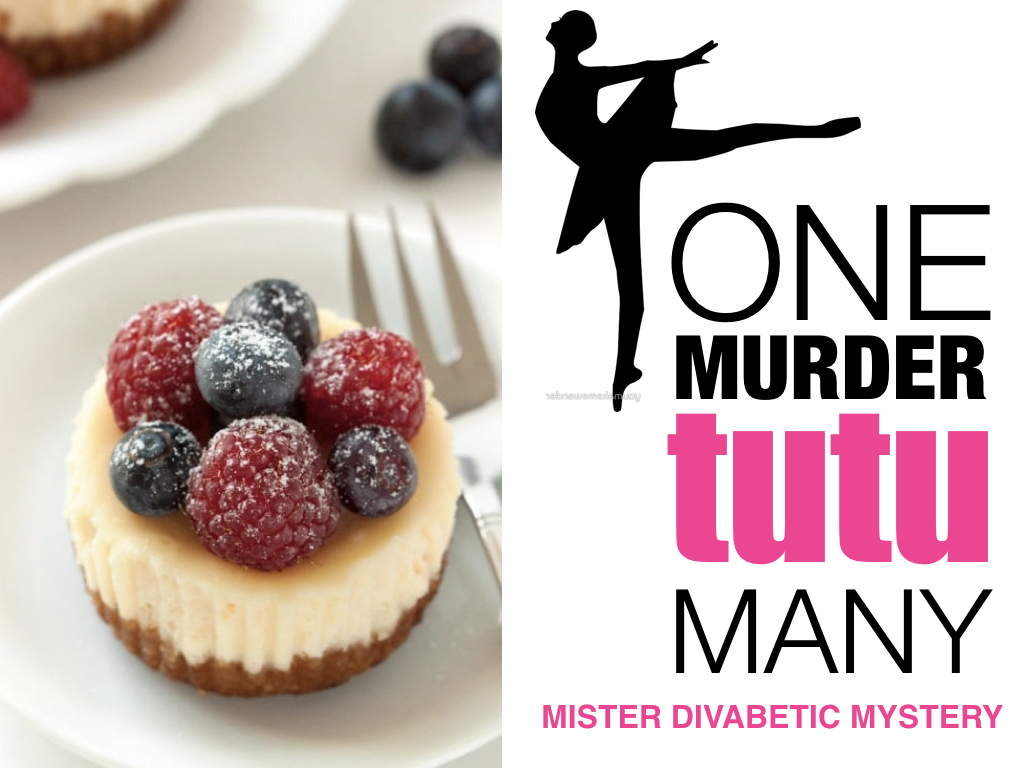My big takeaway from Valerie Bertinelli’s recent confessional video about body shaming is that the voice inside Valerie’s head is probably much more toxic than comments posted by strangers. Valerie, like the rest of us, is capable of being her own worst enemy at times. Our internal conversation and negative thoughts can be extremely limiting.
I assume her tearful reaction to the comments posted about her weight confirmed her worse fears about herself.
“You have to separate who you are from your weight,” says my friend and colleague, Dr. Beverly S. “Dr. Bev” Adler, Ph.D., CDCES. I’m paraphrasing her words, but she added, “You are not your weight.” Dr. Bev is a licensed Clinical Psychologist, Certified Diabetes Care & Education Specialist, Author, and Speaker who specializes in treating the emotional issues of people with type 1 and type 2 diabetes. Dr. Bev has been a frequent guest on Divabetic’s popular monthly podcasts. Most notably, she appeared on a series of Diabetes podcasts spotlighting the five stages of accepting a diabetes diagnosis.
Have you ever thought that you weren’t good enough? When we feel we aren’t good enough (young enough, tall enough, skinny enough, smart enough, attractive enough, etc.) we tend to drown in this emotion of self-doubt and pity. But the truth is that we are all good enough and worthy of receiving what we want in life.

Instead of saying, “I am not good enough,” tell yourself that you are worthy, just like everyone else
Here’s my story:
I know that from personal experience that we can defeat ourselves before we even try. I let my psoriasis stop me from going to the beach or, more specifically, Asbury Park, NJ because I thought my psoriasis patches were so unsightly. Finally, after several years of avoiding the beach, I agreed to go with friends. At the time, several patches of psoriasis on my torso were visible. I felt uncomfortable taking off my shirt in public and exposing my psoriasis, but it was too hot to keep in on. I barely had my shirt off when my biggest fear became a reality. A woman I didn’t know approached me on the beach, pointed at my patches, and told me that my patches looked ugly. I couldn’t believe she said aloud what I had been telling myself for years. But in a moment, I realized what she said wasn’t nearly as bad as what I said to myself. I described my psoriasis patches as ‘horrible’ and ‘disgusting’. The word she used ‘ugly,’ by comparison, is lightweight to the terms I choose to tell myself. My mood quickly changed. I wasn’t going to let some small-minded person stop me from enjoyment.
Looking back, I’m so grateful for that brief interaction in Asbury Park. It made me realize that the only person who could stop me from doing the things I loved was myself. We need to love ourselves unconditionally. It’s not easy but if you ease up on yourself and sprinkled words of kindness into your daily thoughts you’ll be surprised by the results. Our thoughts directly affect how we feel and, therefore, what we do in life. Don’t limit yourself or your dazzle! See you on the beach!
- Give yourself permission to follow your heart.
- Forgive yourself for past mistakes.
- Show love and kindness to others.
“If you can learn to love yourself and all the flaws, you can love other people so much better. And that makes you so happy” — Kristin Chenoweth
We’re celebrating Divabetic’s 11th Podcast Anniversary with musical inspiration from Toni Braxton.
The seven-time Grammy Award-winner has sold over 70 million records and is one of the best-selling R&B artists of all time.
We are featuring music from Toni Braxton’s multi-platinum second album, “Secrets”. This year marks the 25th Anniversary of its release. Toni has said about her sophomore album: “The motivation for this album was to include a little bit of everything. Our aim was to come up with material that would have a familiar ‘feel’ to the people who bought the first album without being musically redundant.”
The album’s first single, “You’re Makin’ Me High” became her first #1 hit on the Hot 100 singles chart.
The album’s second single, penned by Diane Warren, “Un-Break My Heart” became Toni Braxton’s biggest hit spending eleven weeks at #1 on the Hot 100 and also topping the Hot Dance Singles Sales chart.
Other album singles include “I Don’t Want To”/”I Love Me Some Him” (which peaked at number one on the Hot Dance Music/Club Play chart) and “How Could an Angel Break My Heart”.
When Toni Braxton was first diagnosed with systemic lupus in 2008, her doctors told her that she would need a heart transplant and might not ever perform again.
“I remember being petrified,” she said. “I was scared. I didn’t know anything about lupus.”
Lupus is an autoimmune disease that can affect the joints, skin, brain, lungs, kidneys, and blood vessels. It can also lead to heart disease and kidney disease.
Insulin resistance is increased in people with systemic lupus erythematosus (SLE). Insulin resistance occurs when excess glucose in the blood reduces the ability of the cells to absorb and use blood sugar for energy. This increases the risk of developing prediabetes, and eventually, type 2 diabetes.
July’s podcast guests include Dr. Sara Reece, PharmD – NGMC, GME, Patricia Addie-Gentle RN, CDCES, Keith Anthony Fluitt, and Sonya Hogans. Hosted by Max ‘Mr. Divabetic’ Szadek.




